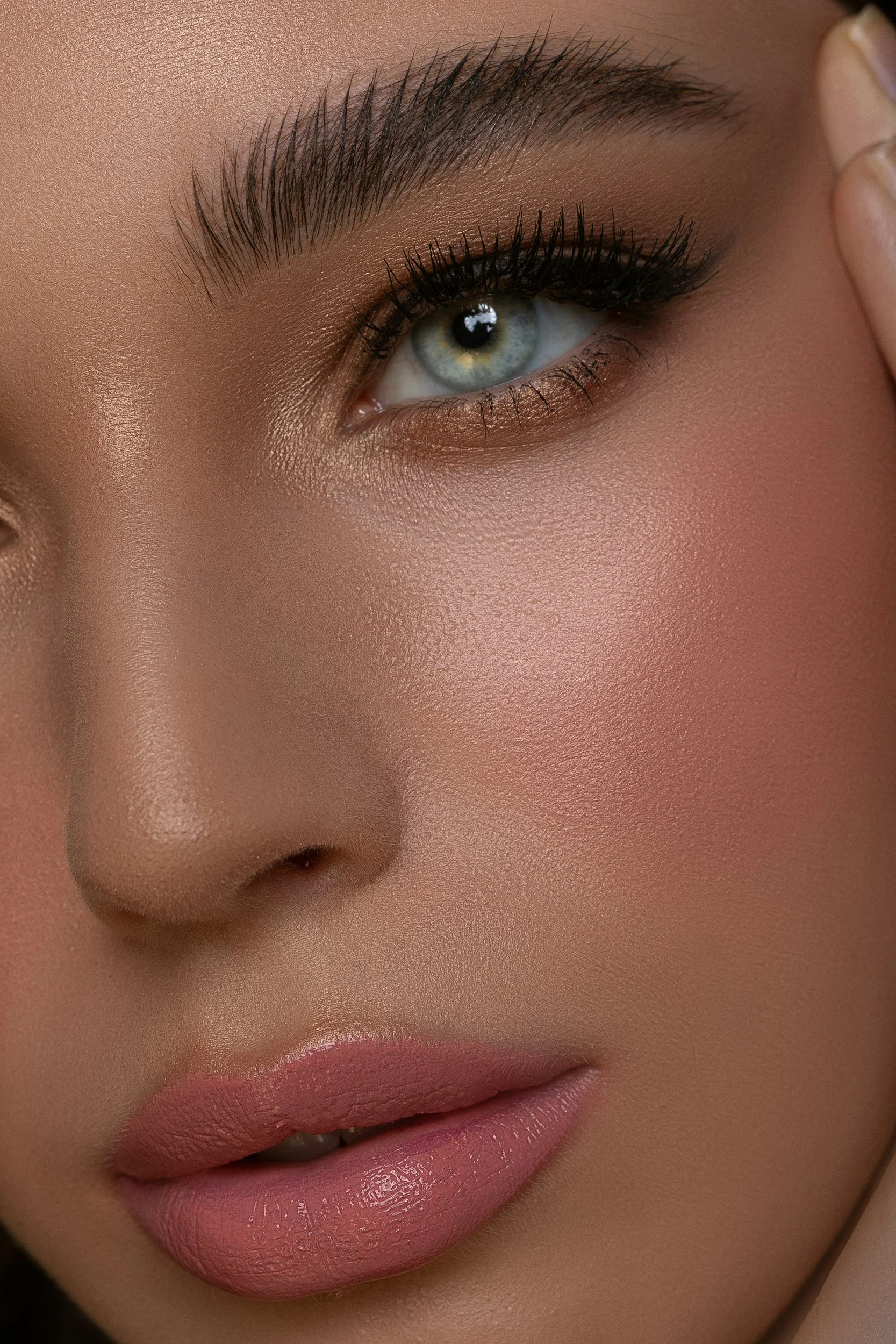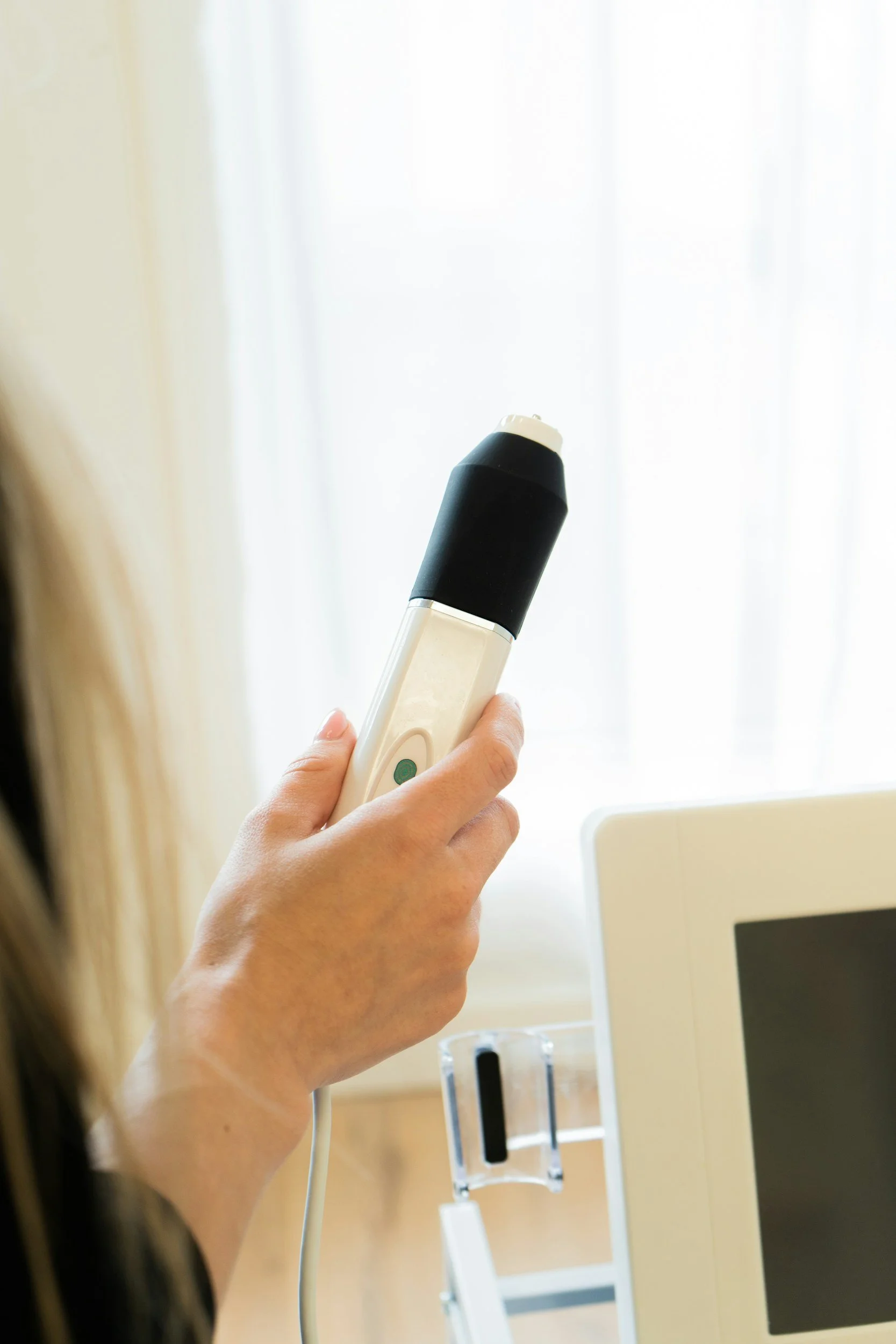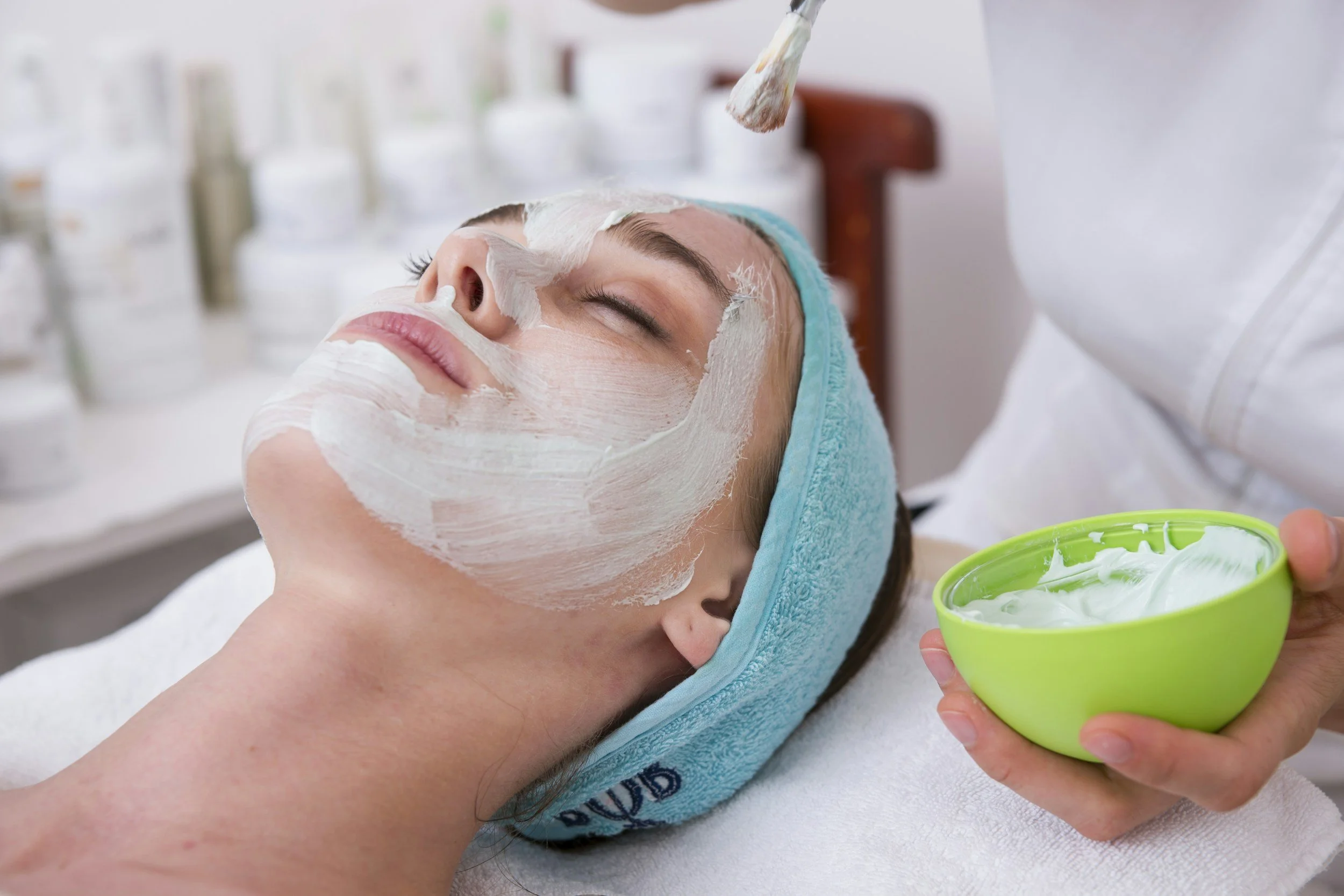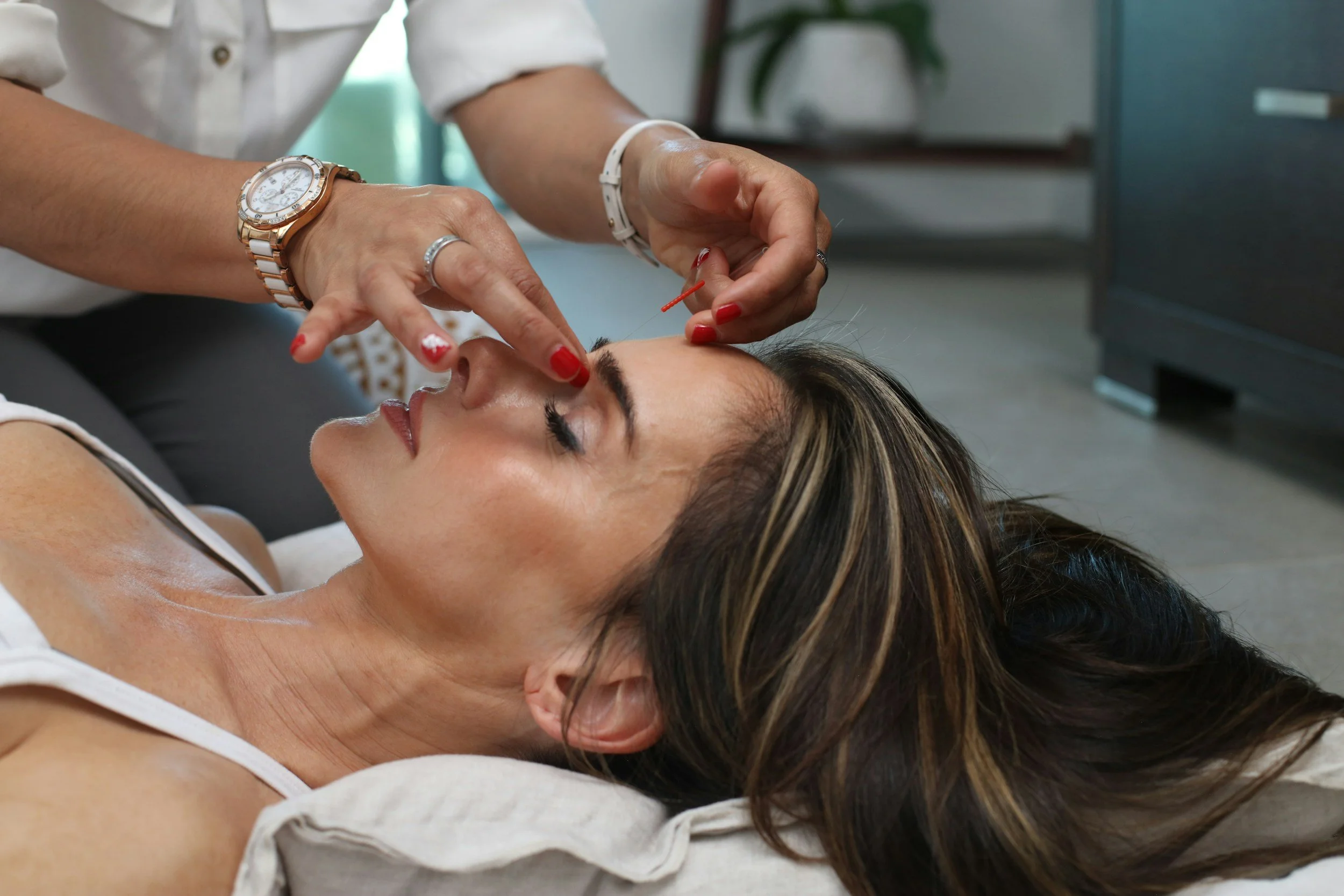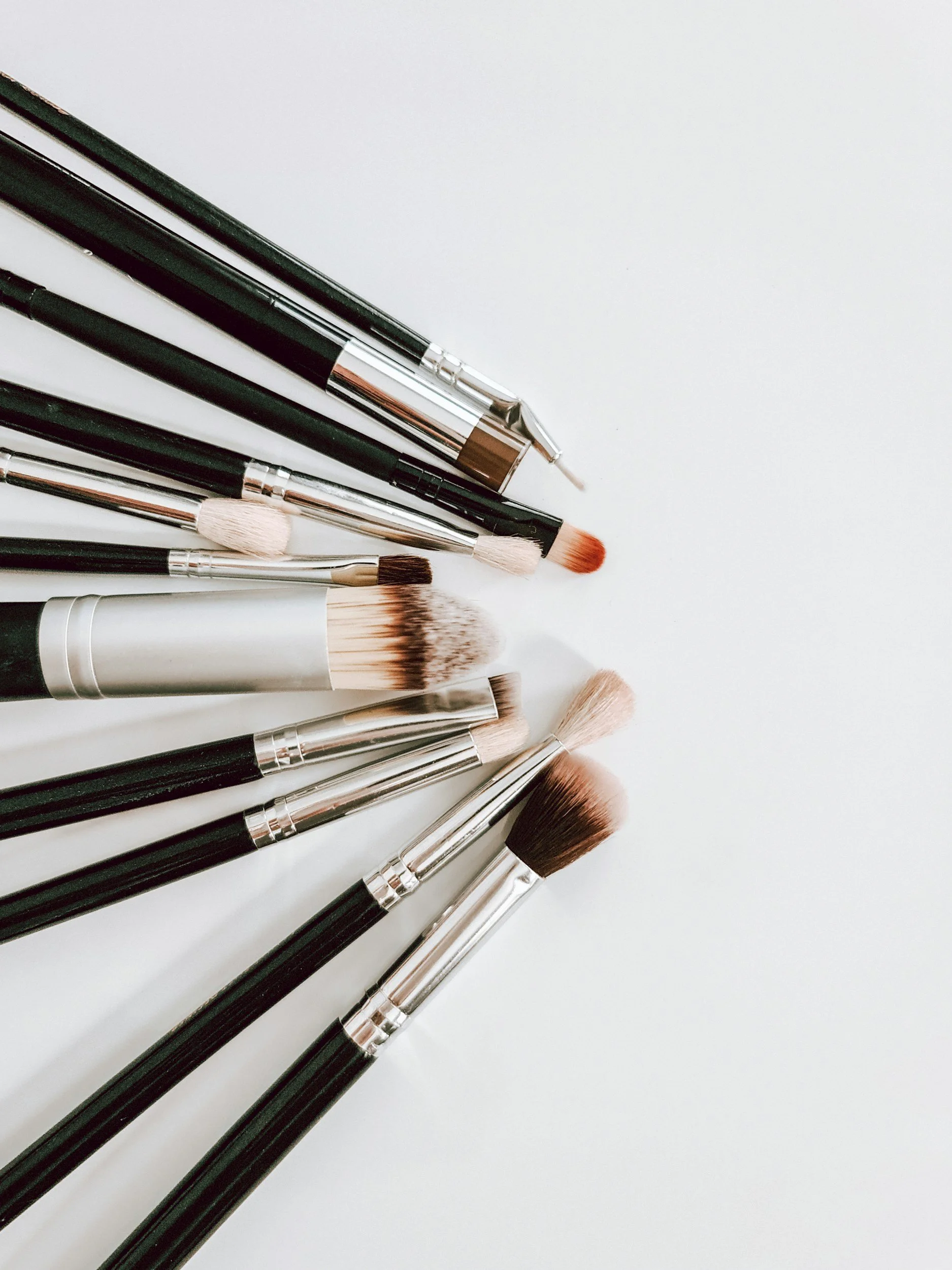Night Esthetician Program in Colorado: Train for a New Career After Work
For many aspiring estheticians, daytime education simply isn’t an option. Work commitments, financial responsibilities, and family obligations often require a more flexible approach. A night esthetician program offers the opportunity to pursue a new career without disrupting your current livelihood.
What Do You Learn in Esthetician School?
In esthetician school, students learn skincare theory, facials, hair removal, sanitation, client consultation, and hands-on treatments required for state licensure and professional practice.
Why Hands-On Laser Training Matters More Than Online Courses
With online education becoming more common, some students wonder if online laser courses are sufficient. When it comes to laser training, hands-on education is essential.
Fall in Love With Your Career: Why Permanent Makeup Training Is Booming in 2026
February is the month of confidence, self-love, and transformation — and for many estheticians, it’s also the moment they realize their current career path no longer matches their potential.
In 2026, permanent makeup (PMU) is no longer a niche service. It is one of the fastest-growing, highest-earning specialties in the aesthetics industry, offering licensed professionals a powerful way to increase income, flexibility, and long-term career stability.
What to Expect During Cosmetic Laser Training
If you’re new to laser education, understanding what to expect during cosmetic laser training can help you feel prepared and confident before enrolling.
Can Estheticians Perform Laser Treatments in Colorado?
This is one of the most common questions estheticians ask when considering advanced education: Can estheticians perform laser treatments in Colorado?
The answer depends on training, employer policies, and professional setting.
💕 February 2026: Is Being an Esthetician a Good Career?
February is the month of reflection. Valentine’s Day reminds us that love isn’t just about relationships—it’s also about loving your life, your work, and the future you’re building. If you’ve been questioning your career satisfaction, February is often when those feelings surface the strongest.
Laser Training vs Medical Aesthetics Programs: What’s the Difference?
Choosing the right education path in aesthetics can feel overwhelming, especially when programs use similar terminology. One of the most common questions prospective students ask is: What’s the difference between laser training and medical aesthetics programs?
Why Choose Elite Aesthetics Academy in Denver?
When comparing “cosmetic laser schools in Denver”, you’ll find several options. But not all are created equal. Here’s why Elite Aesthetics Academy is Denver’s top choice — and why it outshines Rocky Mountain Laser College.
Is Cosmetic Laser Training Worth It? Career Outlook in 2026
With the rise of non-invasive cosmetic procedures, many professionals ask: Is cosmetic laser training worth it?
New Year, New Career: How to Become an Advanced Esthetician in 2026
The start of a new year is more than a reset — it’s an opportunity to upgrade your career, income, and professional confidence. In 2026, the esthetics industry continues to evolve rapidly, and licensed professionals who invest in advanced esthetics training are positioned to earn more, work smarter, and access opportunities far beyond the treatment room.
Laser Hair Removal Certification in Colorado: What You Need to Know
Laser hair removal remains one of the most popular cosmetic treatments nationwide. If you’re considering entering the field, understanding laser hair removal certification in Colorado is essential.
Weekend Esthetician Program in Colorado: Advance Your Career Without Quitting Your Job
Many aspiring estheticians believe that career training requires quitting their job or rearranging their entire life. Fortunately, that’s no longer the case. With a weekend esthetician program, working professionals can pursue licensure without sacrificing income or stability.
Daytime Esthetician School in Colorado: Finish Your 600-Hour Program Faster
If you’re ready to turn your passion for skincare into a professional career, enrolling in a daytime esthetician program can be the fastest and most immersive way to reach your goals. At Elite Aesthetics Academy, our 600-hour esthetician program is designed for students who want focused, hands-on training during traditional daytime hours — and the confidence to enter the industry prepared.
Esthetician Career Paths in Denver
Estheticians in Denver can work in day spas, medical spas, dermatology offices, plastic surgery practices, or pursue advanced aesthetics, education, or business ownership.
How Long Is Esthetician Training in Denver?
Esthetician training in Denver requires 600 hours of education, which can be completed in as little as 4–6 months full-time or 8–12 months part-time, depending on your schedule.
How Much Do Laser Technicians Make in Denver? Salary & Career Growth
If you’re considering cosmetic laser training, understanding earning potential is an important part of the decision. So how much do laser technicians make in Denver?




